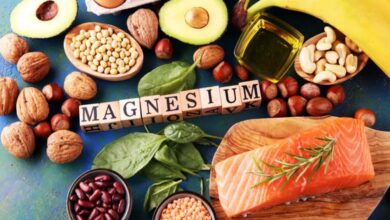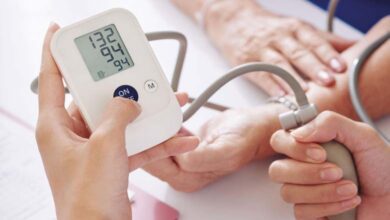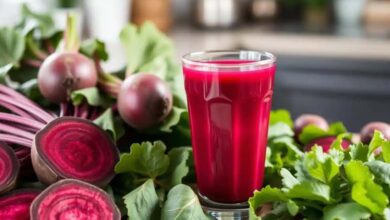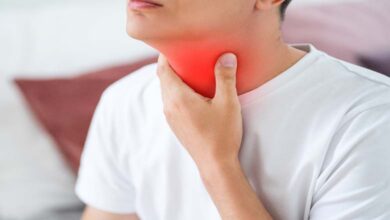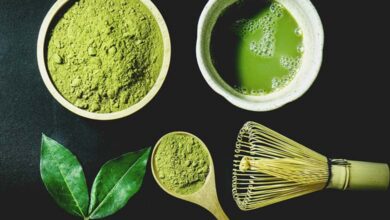Drinking Beetroot Juice on an Empty Stomach: Safe or Risky?
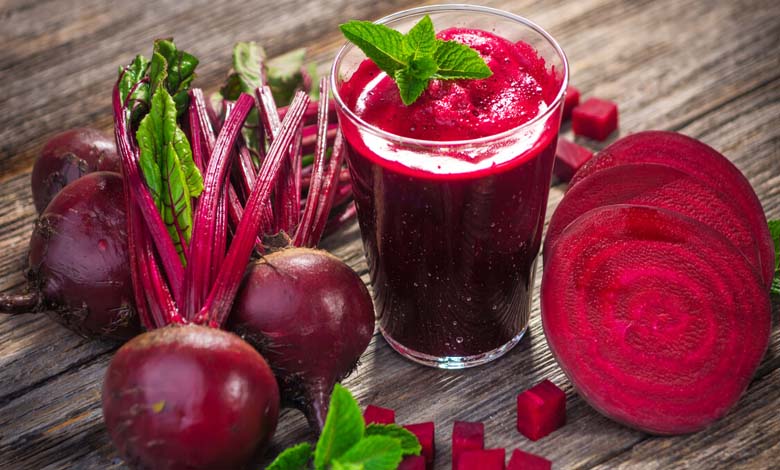
Beetroot juice, renowned for its vibrant red hue and earthy-sweet taste, has gained considerable popularity in recent years, particularly among athletes and health-conscious individuals. Rich in nitrates, antioxidants, and essential vitamins, it is often promoted as a natural remedy for enhancing blood circulation, reducing blood pressure, and boosting endurance. But the question remains: is it safe to consume beetroot juice on an empty stomach?
-
Does Beetroot Juice Help Detoxify the Liver? A Deep Scientific Analysis
-
Drinking Pomegranate Juice Daily: A Natural Ally for Heart Health and Blood Pressure Regulation
Nutritional composition and properties of beetroot juice
Beetroot (Beta vulgaris) is a nutrient-dense vegetable:
- Natural nitrates: converted in the body to nitric oxide, a vasodilator that enhances blood flow and may lower blood pressure.
- Antioxidants: notably betalains, which exhibit anti-inflammatory and detoxifying properties.
- Vitamins and minerals: folate, vitamin C, potassium, magnesium, and iron.
- Dietary fiber: partially removed during juicing but still present in small amounts.
These compounds explain the rising interest in beetroot juice, particularly as a pre-workout drink or a revitalizing morning beverage.
-
It improves digestion – 7 benefits of star anise tea
-
Top 6 healthy foods to eat to purify your kidneys
Potential benefits of consumption on an empty stomach
Drinking beetroot juice in the morning offers several potential advantages:
- Optimal nutrient absorption: the absence of other foods may facilitate rapid absorption of nitrates and antioxidants.
- Digestive stimulation: beetroot juice can increase gastric juice production and support intestinal transit.
- Cardiovascular effects: studies have shown that regular morning intake may reduce both systolic and diastolic blood pressure, especially in hypertensive individuals.
-
Perfect smile – Foods to avoid to keep teeth white
-
10 vegetables that clean the liver for a post-holiday detox
Risks associated with empty-stomach consumption
Despite its benefits, beetroot juice is not without risks, particularly when consumed on an empty stomach:
- Hypotension: vasodilatory effects may induce dizziness or lightheadedness in sensitive individuals.
- Digestive discomfort: some may experience bloating, abdominal cramps, or mild diarrhea, especially if unaccustomed to concentrated vegetable juices.
- Urine and stool discoloration: betalains can temporarily turn urine and stool red, a harmless phenomenon known as “beeturia.”
Drug interactions: individuals taking anticoagulants or antihypertensive medications should consult a physician before regular consumption.
-
Broccoli Juice Trend: Can It Really Prevent Cancer?
-
Fresh Onion Juice: The “Secret” to Fast Hair Growth
Best practices for safe consumption
To maximize benefits and minimize risks:
- Start with small amounts (50–100 ml) to assess digestive tolerance.
- Consider pairing the juice with a light snack, such as whole-grain bread or fruit, if sensitive to gastrointestinal discomfort.
- Rotate beetroot juice with other vegetable juices to prevent excessive nitrate intake.
- Opt for organic produce to reduce exposure to pesticides and artificial nitrates.
Beetroot juice on an empty stomach can be a valuable nutritional supplement, providing nitrates, antioxidants, and essential vitamins. However, consumption should be gradual and tailored to individual tolerance. Individuals with low blood pressure or digestive sensitivities should exercise caution. In essence, while beneficial, beetroot juice should be viewed as one of many tools to support cardiovascular and digestive health, rather than a panacea.
-
How Does Banana Affect the Benefits of Berry Juice?
-
“Relieves Headaches”: 7 Amazing Benefits of Ginger Juice
-
Celery Juice Trend: A Remedy for Detoxing?




